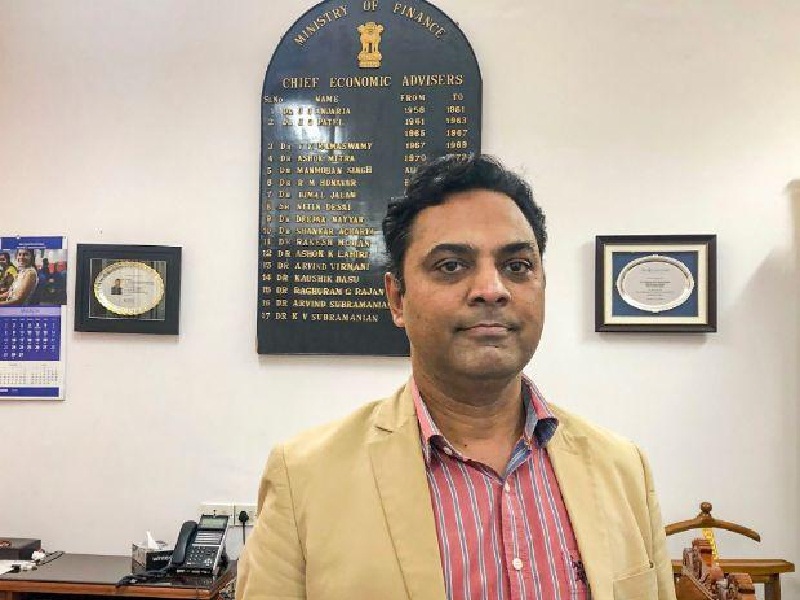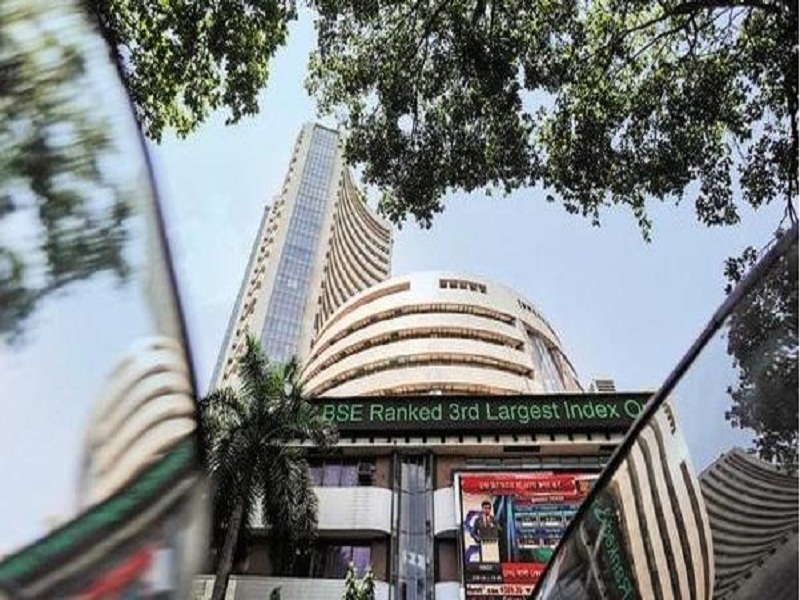Yes Bank Fiasco-Indian banks are well capitalised, no reason to worry: CEA Subramanian
Published On: Sunday, March 8, 2020 | By: Team KnowMyStock

In the wake of Yes Bank fiasco, Chief Economic Adviser Krishnamurthy Subramanian on Sunday said Indian banks are well capitalised and there is no reason to worry. He further said that it is a wrong method to assess a lender's health based on the ratio of deposit to m-cap (market capitalisation).
He emphasised that the m-cap ratio is a totally incorrect metric for assessing the safety of the banks. No banking sector expert or banking regulator uses this measure," Subramanian said to a select media persons at his office.
"What banking sector experts and regulators use is what is called the CRAR. It is important to keep this in mind that the international norms for CRAR is 8 percent and Indian banks on an average have a CRAR of 14.3 percent, he said.
He further said that the Reserve Bank of India (RBI) mandates the Indian banks to keep CRAR at 9 percent.
"So our banks on an average are very-very well capitalised, so there is absolutely no reason to worry. Also, the government has increased the limit for deposits that are insured to up to Rs 5 lakh, which covers a large majority of the deposits
What went wrong at Yes Bank?
There have been troubles at Yes Bank for years now. It grew quickly after begun its operations in 2004. Its loan book in particular balloon over the last decade, growing to Rs 3 lakh crore. This growth meant that its stock was also a high flyer, trading at more than Rs 1,400 at one point. (Shares were split after that, and are likely to be diluted further after the reconstruction).
After the death of one of its co-founders in 2008, there had been questions of the management under promoter Rana Kapoor. The bank often handed out loans to firms that were not able to get credit easily elsewhere, a strategy that allowed it to expand operations – but add on plenty of risk as well.
Over the years Yes Bank had lent out to Cafe Coffee Day, CG Power, Jet Airways, DHFL and IL&FS, all companies or consortiums that have fallen apart and caused tremendous stress in India’s financial sector over the last few years. The Reserve Bank of India had repeatedly pulled up the bank for under-reporting its Non Performing Assets, which stood at 7.4% as of September 2019.
There were also many questions about the management, including conflicts of interest, which led to the RBI eventually refusing to permit an extension to Rana Kapoor as chief executive and managing director due to “highly irregular credit management practices, serious deficiencies in governance and a poor compliance culture”.
Over the last six months, a new CEO and a board that included an RBI appointee attempted to raise fresh capital from new investors, promising that the bank would be rescued first by a major technology firm (Microsoft) and then by a man who claimed to be Canada’s richest person.
When it became clear that no genuine investors were likely to save the day, the RBI decided it had to step in before a major bank went bust, threatening the entire financial sector.
Tags: Indian Bank m-cap ratio CRAR Yes Bank
We are on Telegram!
JOIN our telegram channel to receive updates on Financial News and Stock and FNO Tips.
Click Here!
Follow Us On:






